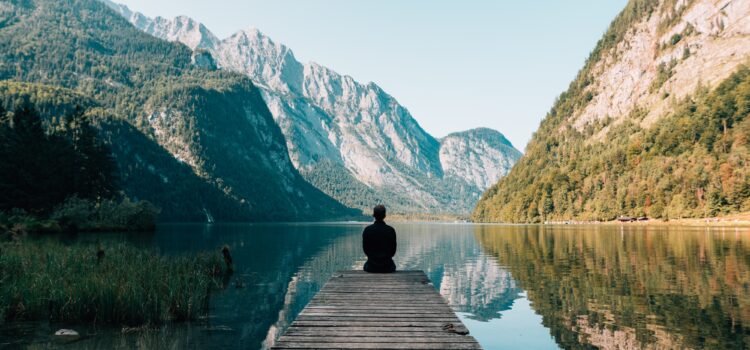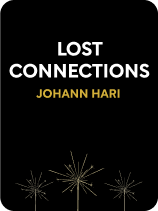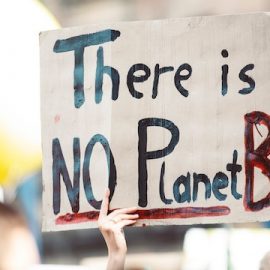

This article is an excerpt from the Shortform book guide to "Lost Connections" by Johann Hari. Shortform has the world's best summaries and analyses of books you should be reading.
Like this article? Sign up for a free trial here .
Why does being disconnected from nature lead to depression? Why are modern humans less connected to nature?
Humans have an innate desire to stay in touch with nature because we evolved outside, doing the physical work of hunting, building shelters, and connecting with the natural world. Depression can set in when we start feeling disconnected from nature.
Read on to learn more about the dangers of feeling disconnected from nature.
Why Modern Humans Feel Disconnected From Nature
The final disconnection we’ll explore is a disconnection from nature. Humans evolved to live in the wild—in evolutionary terms, living inside buildings is a very new development. When we become disconnected from nature, we often become caught up in our own problems and lose sight of the greater sense of meaning in our lives. We’re also more likely to become depressed: Rates of all forms of mental illness are higher in cities than in rural areas, and people in urban areas with more green space (like parks) have better mental health than people in urban areas without access to green space.
City-Dwelling Humans Are Like Animals in Captivity
Some of the first scientific studies on how being disconnected from nature can make people sick weren’t about people at all. Researchers comparing bonobos in captivity to bonobos in the wild discovered that both groups show the same type of fierce social competition as baboons, with the same constant stress for the low-status animals.
However, the effects of this stress differed in severity between captive and wild bonobos. In the wild, the low-status bonobos showed signs of that distress by scratching compulsively, refusing grooming, and isolating themselves—but only up to a certain point. In captivity, the low-status bonobos sank lower than their wild counterparts, often developing tics, howling, or scratching until they bled. Other animals show the same extreme distress in captivity by injuring themselves, rocking compulsively, and refusing to mate—behaviors researchers have never seen in the wild.
In a sense, humans living in dense cities are similar to animals in captivity, living in concrete boxes far from the natural habitat that evolution prepared them for. And like all animals, living in captivity makes us disconnected from nature which leads to depression.
Three Theories of Natural Disconnection
In general, all humans feel better with regular exposure to the natural environment. But for people with depression, that effect is up to five times greater—even after just a short nature walk. So why is nature such a powerful mood-booster, and why are we so miserable without it? Scientists have three theories:
1) Modern, sedentary lifestyles don’t meet our evolutionary needs. Humans are animals, and like all animals, we spent most of our evolutionary history outside, doing the hard physical work of hunting, building shelter, and fighting off threats in order to survive. Today, we value intellectual and technical skills more than physical ones, so we spend our time being sedentary and indoors, neglecting the purpose our bodies evolved for—and it makes us disconnected from nature and miserable.
2) We have an innate preference for natural landscapes. Like the need for movement, the need to be in nature is rooted deep in human evolutionary history. Scientists call this “biophilia,” and it explains why even the smallest exposure to nature can have such profound effects (for example, one experiment in a prison showed that prisoners in cells that had a view of nature were 24% less likely to need medical care than prisoners without a view).
3) Connecting to nature breaks the grip of the ego. Depression can be so painful and consuming that people unintentionally sink into themselves and lose any sense of connection to the grander scheme of things. Their world shrinks down to their own experiences. But out in nature, that pain no longer seems like the biggest or most important thing in the world because it’s so small compared to the expansive landscape. Being in nature grants a new perspective—the pain is still there, but it’s far from the whole story of your life, because you are part of something much bigger than yourself.

———End of Preview———
Like what you just read? Read the rest of the world's best book summary and analysis of Johann Hari's "Lost Connections" at Shortform .
Here's what you'll find in our full Lost Connections summary :
- The psychological and social factors that contribute to mental illness
- The history of antidepressants and the science behind them
- Why Amish people hardly ever get depressed






